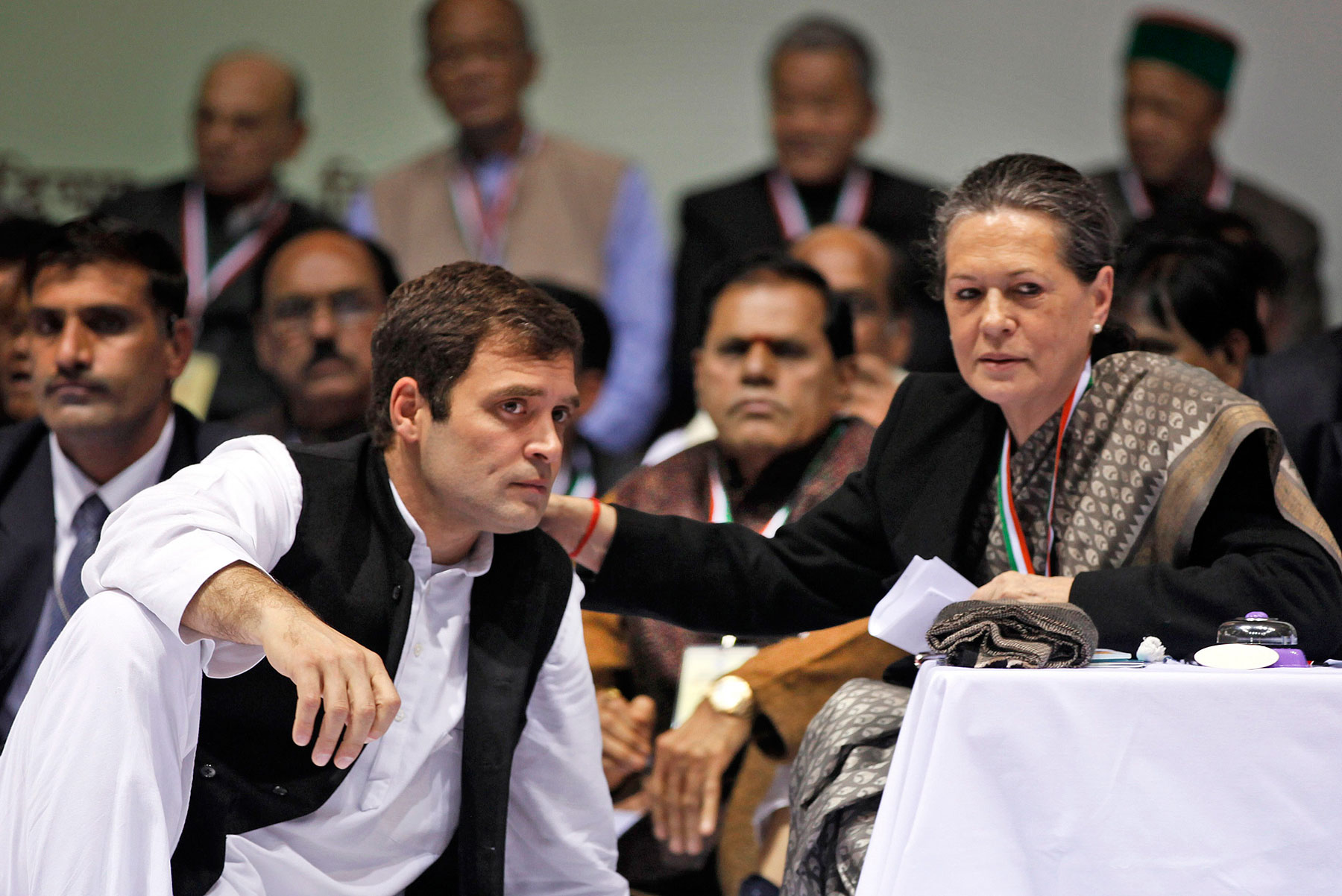
Imagine for a moment that the opinion polls and prime-time news prophecies ahead of the Indian general elections have it wrong, that the opposition Bharatiya Janata Party (BJP) isn’t in the ascendant and that, come polling day, the ruling coalition, led by the Congress Party, isn’t booted out of office. Instead, the stars conspire to keep Congress and its allies in power. In this imaginary world, Narendra Modi, the BJP’s prime-ministerial candidate, returns to Gujarat, the state he has overseen as chief minister since 2001—and where, in 2002, rioting along religious lines led to the deaths of more than a thousand people, most of them Muslims.
Liberals in India fear that, were Modi to become Prime Minister, voices that deviate from, let alone challenge, the BJP’s Hindu-nationalist hymn sheet might be silenced. During his tenure in Gujarat, state authorities banned at least two books and at least one play—an Urdu production about Abul Kalam Azad, the most prominent Muslim in the country’s first government. Meanwhile, Indian media reports suggest that some critical journalists might have been ousted or told to watch their tongues as media owners anticipate a change in government. Penguin India’s decision to withdraw copies of Wendy Doniger’s The Hindus: An Alternative History, in the face of a lawsuit by a small religious outfit complaining of “heresies,” seems another grim omen. In an interview with an Indian newspaper after Penguin’s capitulation, the man who led the charge against the book—a retired schoolteacher with links to the Hindu right—couldn’t contain his glee, saying, “The good times are coming.”
But were Modi to lose and Congress to triumph in the elections—voting begins April 7 in staggered stages—would liberal values then blossom in the world’s largest democracy?
If Congress wins, it would likely name Rahul Gandhi—the son, grandson and great-grandson of former Prime Ministers—as the nation’s chief executive. In a recent speech, he said his party wasn’t in the business of “subverting democratic institutions.” No: it sought solutions to the nation’s problems via “peaceful, democratic and constitutional means.” A banner that pops up when you click through to the party’s website pushes a related message: “Don’t let others threaten our freedom of speech and individual liberty. Vote Congress.” Which sounds good, until you consider the historical evidence.
The proscription of free speech has a depressingly long history in independent India. The best-known instance was the decision in 1988 by India’s Finance Ministry to ban The Satanic Verses by Salman Rushdie. Fearful of offending the country’s Muslims, the government of Rahul’s father Rajiv Gandhi moved against the book well before Iran’s theocratic leadership bared its fangs—and 25 years on, The Satanic Verses is still not legally sold in India. More recently, in 2010, Congress lawyers threatened legal action over a Spanish author’s fictionalized account of the life of Sonia Gandhi—Rahul’s mother and the party’s president. And in January, a criminal-defamation lawsuit filed by a former Civil Aviation Minister in the Congress-led government persuaded Bloomsbury India to pull copies of a book about the country’s struggling state-owned airline.
If only it ended there. Rahul talks about democracy, but in 2004, when his mother turned down the Prime Minister’s post after an unexpected victory at the polls, Congress installed Manmohan Singh in her place. Much celebrated for his role in the deregulation of the Indian economy in the 1990s, Singh has never received a direct mandate from the people he has governed over the past decade. Singh sits in the upper house of Parliament, whose members are either nominated by the country’s President or voted in by their colleagues in state legislatures, in contrast to the lower chamber, which is directly elected by the people. The arrangement is perfectly legal. But it hardly engenders confidence in Congress as a liberal, democratizing force.
This isn’t finger-pointing in favor of Modi and his backers, a growing breed, according to a Pew survey published on Feb. 26 showing broad support for the BJP. It’s to show that, as India goes to the polls, the country’s liberals have no good choices when it comes to the dominant political forces on the national stage.
More Must-Reads from TIME
- Cybersecurity Experts Are Sounding the Alarm on DOGE
- Meet the 2025 Women of the Year
- The Harsh Truth About Disability Inclusion
- Why Do More Young Adults Have Cancer?
- Colman Domingo Leads With Radical Love
- How to Get Better at Doing Things Alone
- Michelle Zauner Stares Down the Darkness
Contact us at letters@time.com